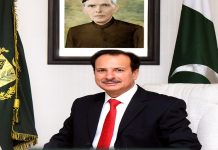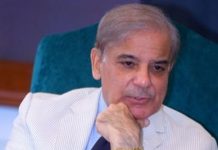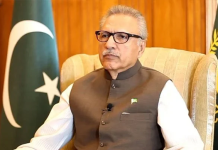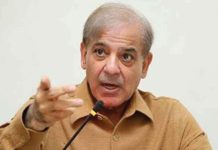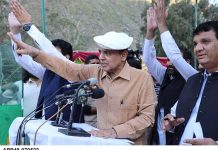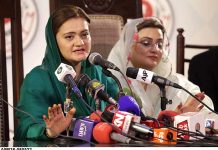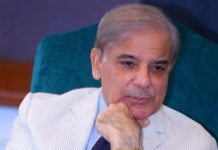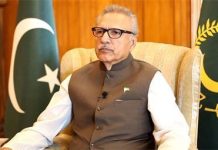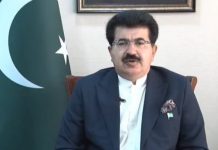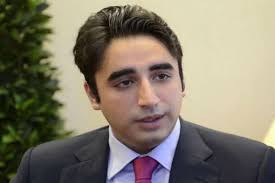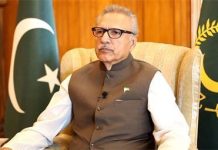Even though Pakistan can seek some room for itself in the emerging multi-polar world order, challenges persist at domestic front in the shape of extremist ideologies, unemployed youth and economic stagnancy. Without taking those challenges, its options to affect any regional or global change will be constrained.
These thoughts were expressed in a seminar on Pakistan in Changing World Order, organised by think tank Pakistan Institute for Peace Studies (PIPS), which was well attended by diplomats, journalists, experts and students.
PIPS Director Muhammad Amir Rana said the world today is in a flux. While it cannot be said for certain that “United States’ (US) predominance is fading”, he said adding that what is clear is that its “global posture is changing”. Former foreign minister Inamul Haq said US, under Donald Trump, has abandoned the idea of “multilateralism”.
Parallel to this has been China’s rise. A topic of repeated speculation is how its relations will transpire with the US or the world in general. Muhammad Amir Rana said scenarios range from conflict to competition to cooperation. Speakers noted China-US relations will impact Pakistan.
Some thought of India’s increasing closeness to US as meant to counter China, but not all readily endorsed this linear assumption. US-based Woodrow Wilson Centre’s Michael Kugelman reminded of the deep trade relations between China and India. Similarly, he said, even though India and US are tied with strategic partnership, there is a disconnect between the two on the expectation side.
Published in Daily Times, January 22nd 2019.

